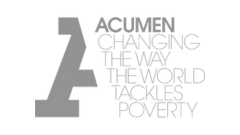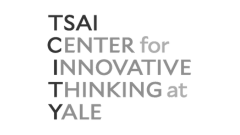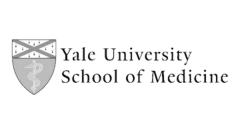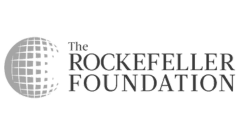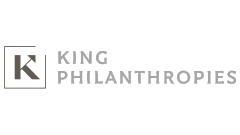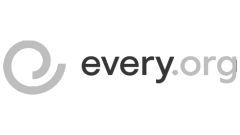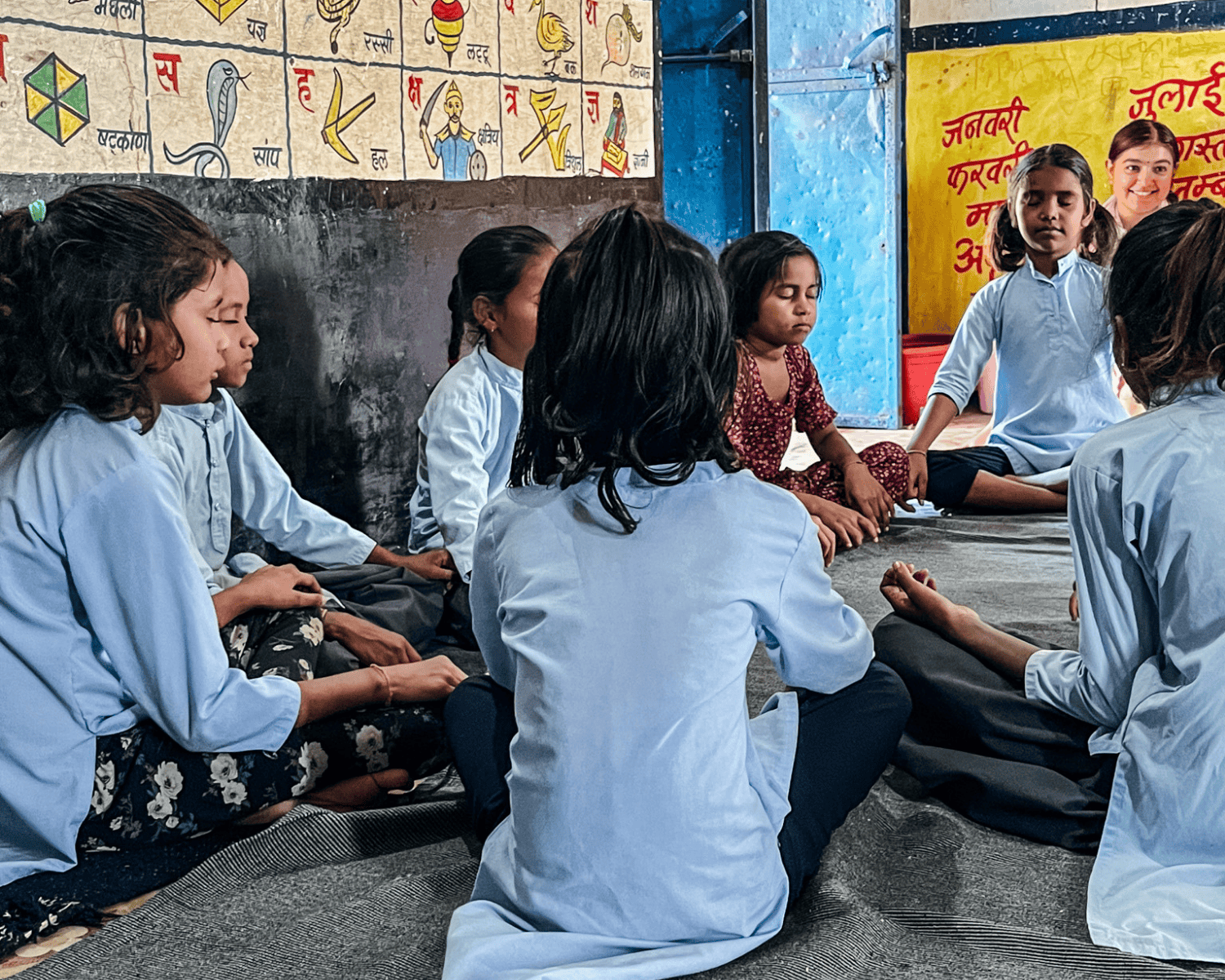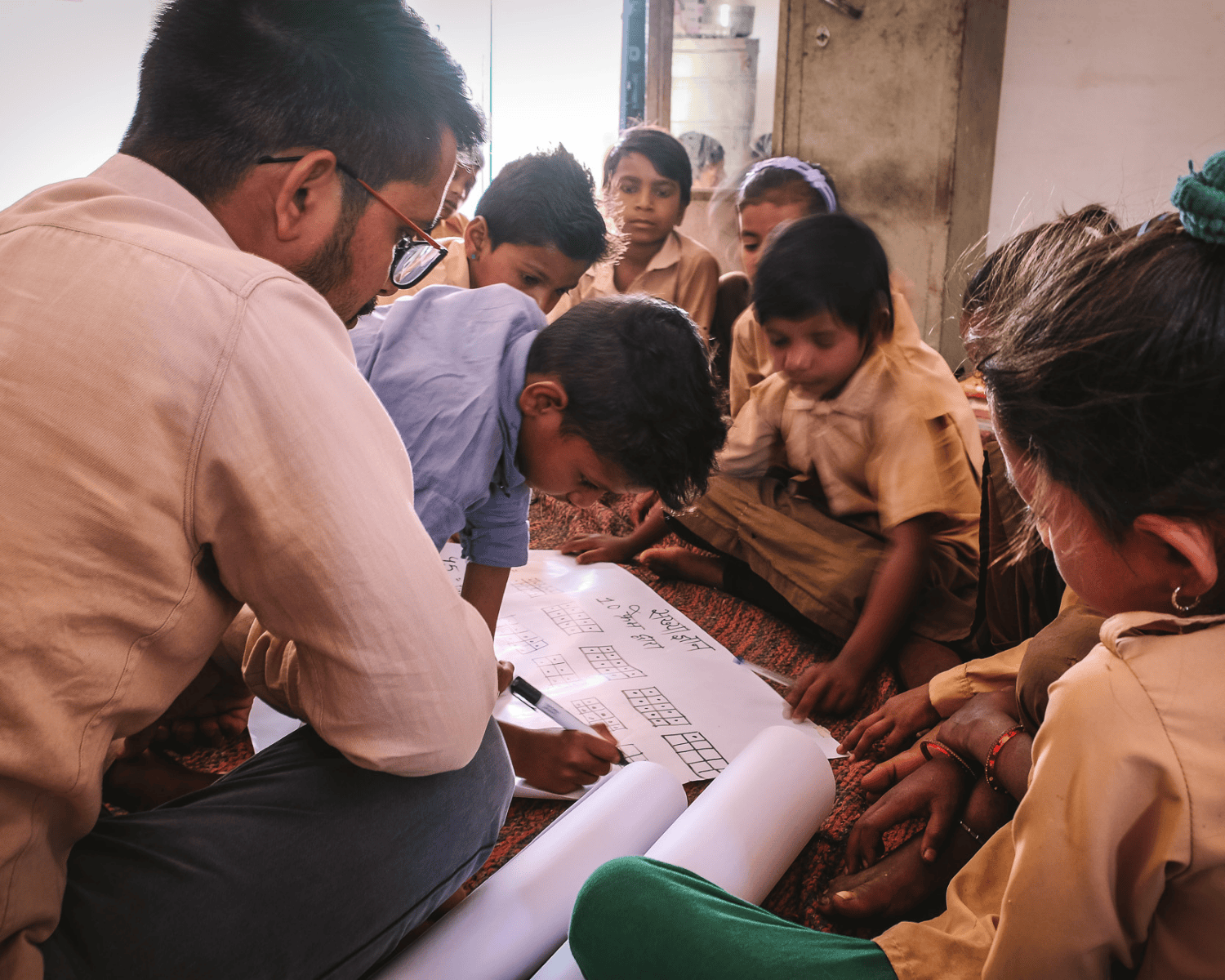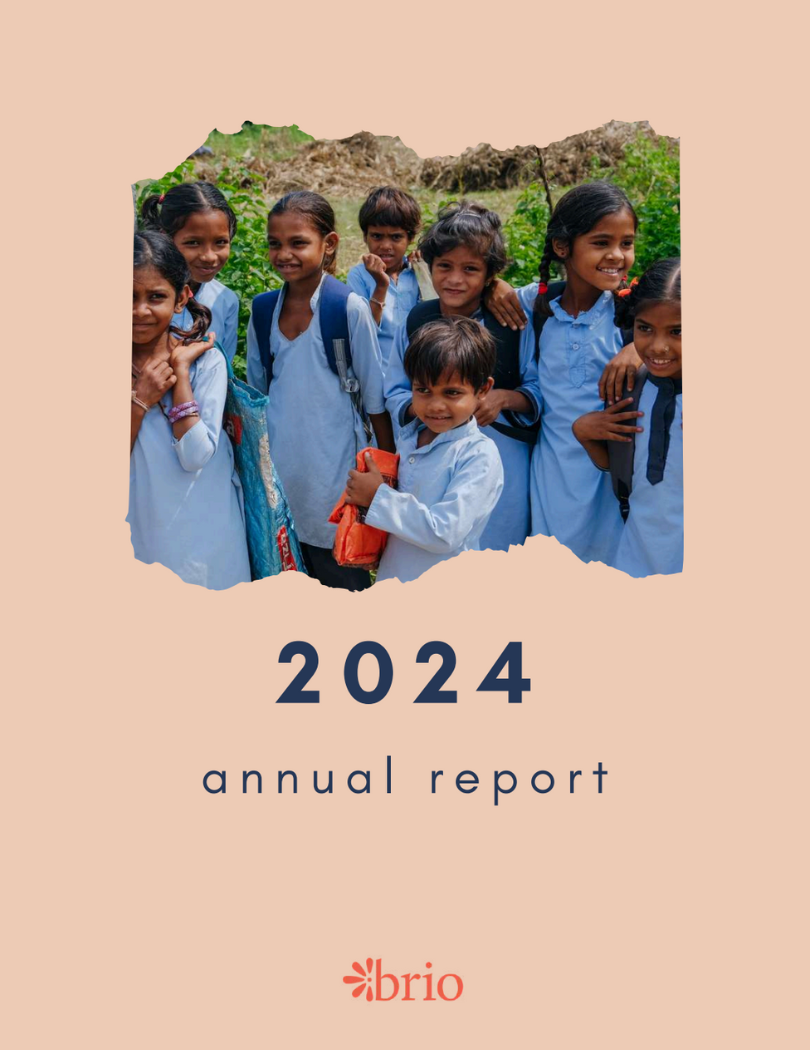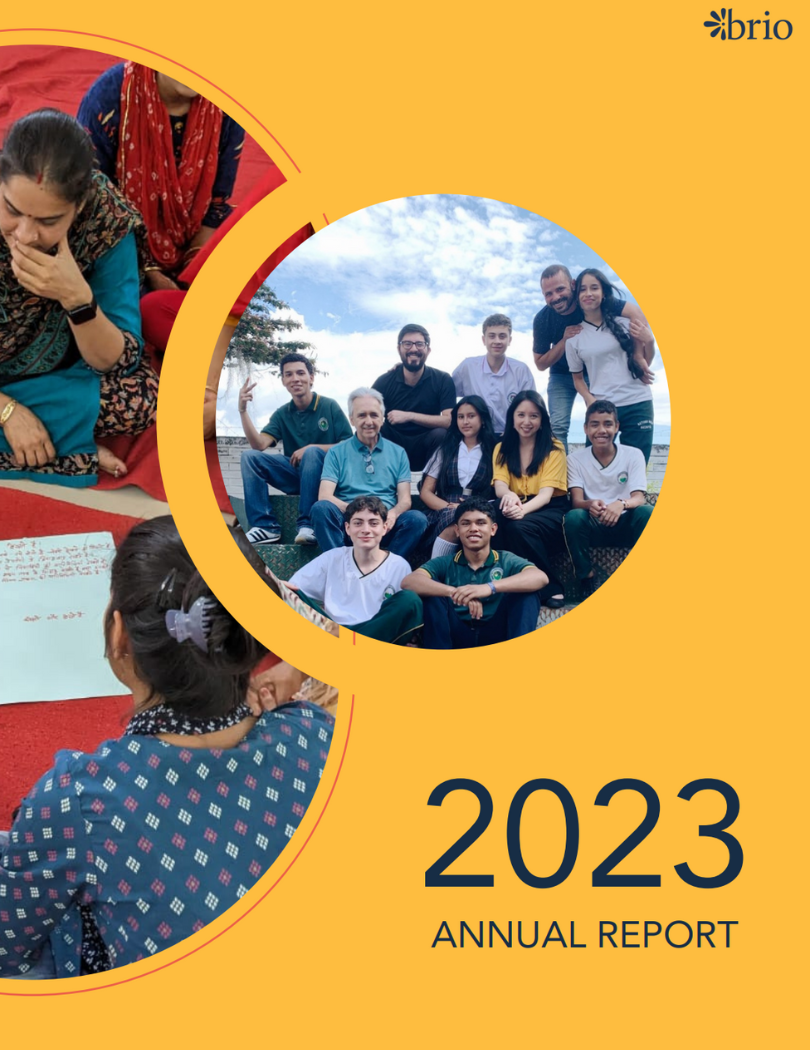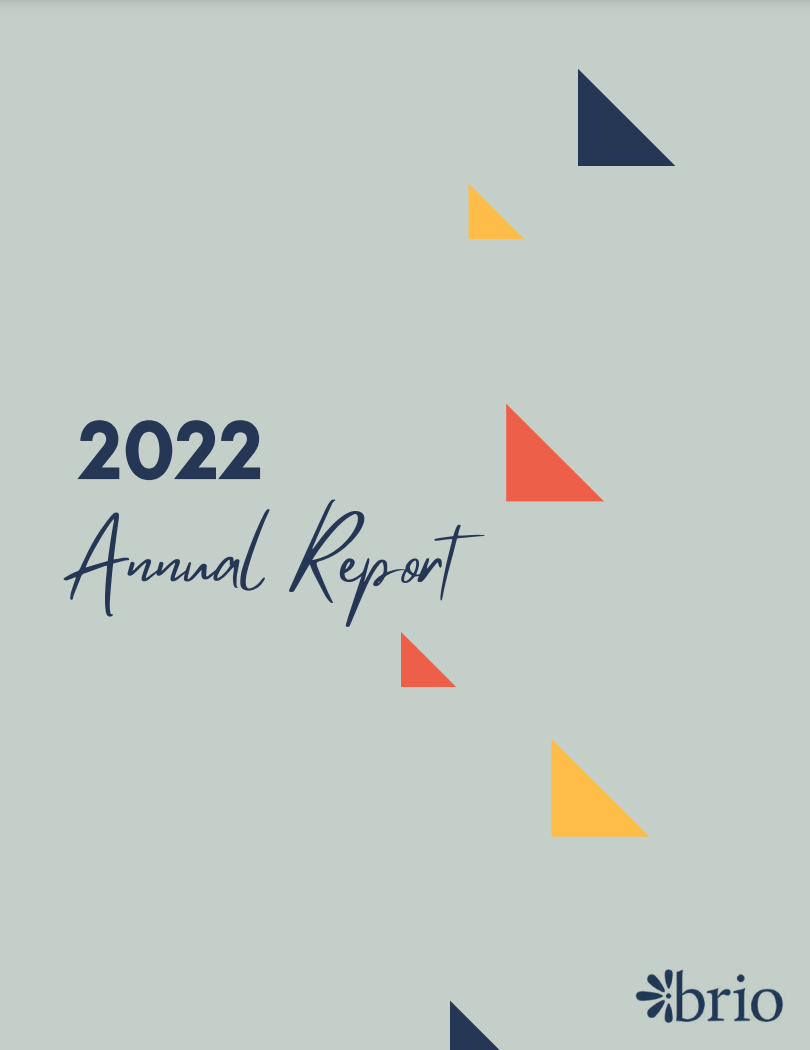Our impact
Focused on meaningful, individual and collective change in mental health and wellbeing.
Our impact
Focused on meaningful, individual and collective change in mental health and wellbeing.
Since 2018, we’ve been working with partners around the world to strengthen community mental health and wellbeing in underserved contexts, addressing the mental health crisis beyond clinical settings. Thanks to these partnerships and our donors, more than 133,500 people — from children and youth to teachers and community leaders — have been developing the psychological skills needed to live with greater agency, freedom, connection, and purpose.
Since 2018, we’ve been working with partners around the world to strengthen community mental health and wellbeing in underserved contexts, addressing the mental health crisis beyond clinical settings. Thanks to these partnerships and our donors, more than 133,500 people — from children and youth to teachers and community leaders — have been developing the psychological skills needed to live with greater agency, freedom, connection, and purpose.
children, youth, teachers, and leaders reached directly since 2018
girls and women reached since 2018
%
avg % of program participants who recommend the program to a friend/colleague
%
typical rate of improvement of mental wellbeing skills and scores in scaled programs
How we measure our impact
At Brio, we aim for impact that is authentic, deep, and lasting. So we don’t just look at group averages from pre-to-post program — we also want to understand how meaningful the transformation is at the individual level. Across programs, we use relevant measures and statistical analysis to deepen our understanding, and leverage participant feedback to learn and improve.
Plus, we always collect qualitative data — stories, impressions, drawings, observations — often starting there and seeing if they are underscored by what the numbers are telling us.
 Our evaluation philosophy
Our evaluation philosophy
We believe data should be meaningful to everyone involved: participants, implementers, funders, collaborators, and governments.
To balance depth with feasibility, we follow two core principles:
1. Developmental evaluation: We prioritize learning and adaptation over endline assessments. Our evaluations are designed to answer key process and outcome questions that help us strengthen our programs.
2. Participatory research design: We involve participants in shaping what we measure and how. We ask what outcomes matter to them, what questions feel relevant, and weigh the cost-benefit of adding new questions. Qualitative interviews are reflective, designed to support self-discovery rather than extract quotes. We seek to learn with—not just from—participants.
 Methodologies we use
Methodologies we use
We use quantitative pre-to-post program evaluation, drawing on validated scales that align with our targeted outcomes.
Matched pre- and post-tests allow us to analyze individual-level change using appropriate statistical methods. Scales have included:
● WHO-5 Wellbeing Index
● Life Skills Assessment (contextualized effort-based self-efficacy)
● Connor-Davidson Resilience Scale
● Acceptance and Action Questionnaire-II
We complement these with qualitative and observational feedback through interviews, focus groups, written responses, and other formats that allow participants to share their experiences in their own words.
 Data analysis process
Data analysis process
While our collection methods are flexible and participant-centered, our analysis process is structured and rigorous.
Drawing on over a decade of experience across research university psychology labs and real-world implementation, we apply appropriate statistical methods and tools to analyze the data.
All analysis is conducted using established software and reported with accuracy and transparency. This rigor ensures we can stand behind our findings–and most importantly, that we honor the trust participants place in us when they share their data.
How we measure our impact
At Brio, we aim for impact that is authentic, deep, and lasting. So we don’t just look at group averages from pre-to-post program — we also want to understand how meaningful the transformation is at the individual level. Across programs, we use relevant measures and statistical analysis to deepen our understanding, and leverage participant feedback to learn and improve.
Plus, we always collect qualitative data — stories, impressions, drawings, observations — often starting there and seeing if they are underscored by what the numbers are telling us.
 Our evaluation philosophy
Our evaluation philosophy
We believe data should be meaningful to everyone involved: participants, implementers, funders, collaborators, and governments.
To balance depth with feasibility, we follow two core principles:
1. Developmental evaluation: We prioritize learning and adaptation over endline assessments. Our evaluations are designed to answer key process and outcome questions that help us strengthen our programs.
2. Participatory research design: We involve participants in shaping what we measure and how. We ask what outcomes matter to them, what questions feel relevant, and weigh the cost-benefit of adding new questions. Qualitative interviews are reflective, designed to support self-discovery rather than extract quotes. We seek to learn with—not just from—participants.
 Methodologies we use
Methodologies we use
We use quantitative pre-to-post program evaluation, drawing on validated scales that align with our targeted outcomes.
Matched pre- and post-tests allow us to analyze individual-level change using appropriate statistical methods. Scales have included:
● WHO-5 Wellbeing Index
● Life Skills Assessment (contextualized effort-based self-efficacy)
● Connor-Davidson Resilience Scale
● Acceptance and Action Questionnaire-II
We complement these with qualitative and observational feedback through interviews, focus groups, written responses, and other formats that allow participants to share their experiences in their own words.
 Data analysis process
Data analysis process
While our collection methods are flexible and participant-centered, our analysis process is structured and rigorous.
Drawing on over a decade of experience across research university psychology labs and real-world implementation, we apply appropriate statistical methods and tools to analyze the data.
All analysis is conducted using established software and reported with accuracy and transparency. This rigor ensures we can stand behind our findings–and most importantly, that we honor the trust participants place in us when they share their data.
On the path to reaching 4 million children and leaders by 2028
Here’s a snapshot of our programs’ impact and how we’re currently scaling.
Explore all programs.
Here’s a snapshot of our programs’ impact and how we’re currently scaling.
Explore all programs.
Khushi Shala – children thriving
Co-designed with Kshamtalaya and the Rajasthan education department, Khushi Shala integrates mental health in public schools across Rajasthan. After a successful pilot with 120 teachers and 1300+ children (see results below), we are now scaling state-wide, training teachers and school leaders to support the wellbeing of 3.3 million+ children each year.
Co-designed with Kshamtalaya and the Rajasthan education department, Khushi Shala integrates mental health in public schools across Rajasthan. After a successful pilot with 120 teachers and 1300+ children (see results below), we are now scaling state-wide, training teachers and school leaders to support the wellbeing of 3.3 million+ children each year.
%
teachers felt confident to implement the curriculum
%
teachers said they started wellbeing practices in their personal life
%
all students improved their wellbeing within 4 months
%
girls improved their wellbeing within 4 months
%
teachers felt confident to implement the curriculum
%
teachers said they started wellbeing practices in their personal life
%
all students improved their wellbeing within 4 months
%
girls improved their wellbeing within 4 months
Hausla – wellbeing skills for teachers
Co-created with Kshamtalaya and government-school teachers, Hausla is a wellbeing program for educators in Rajasthan and Bihar. The program currently reaches over 124,000 participants, significantly improving their wellbeing, mindfulness, and resilience, and making classrooms more engaging, compassionate, and nurturing.
Co-created with Kshamtalaya and government-school teachers, Hausla is a wellbeing program for educators in Rajasthan and Bihar. The program currently reaches over 124,000 participants, significantly improving their wellbeing, mindfulness, and resilience, and making classrooms more engaging, compassionate, and nurturing.
%
improved on the WHO-5 Wellbeing Index
%
improved on the Kentucky Inventory of Mindfulness Skills
%
improved on the Connor-Davidson Resilience Scale
%
improved on the WHO-5 Wellbeing Index
%
improved on the Kentucky Inventory of Mindfulness Skills
%

